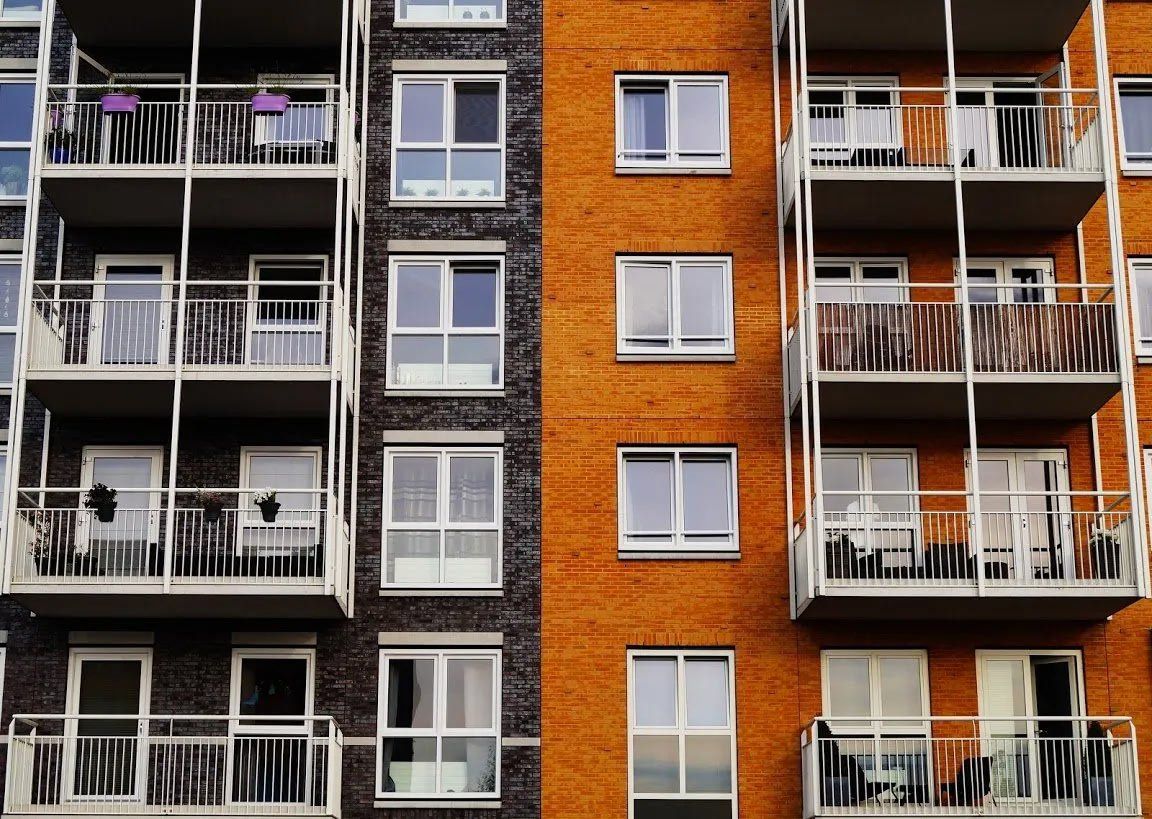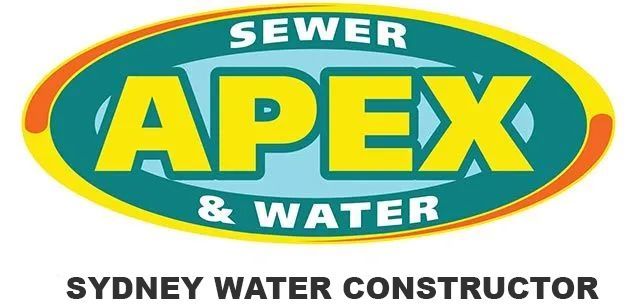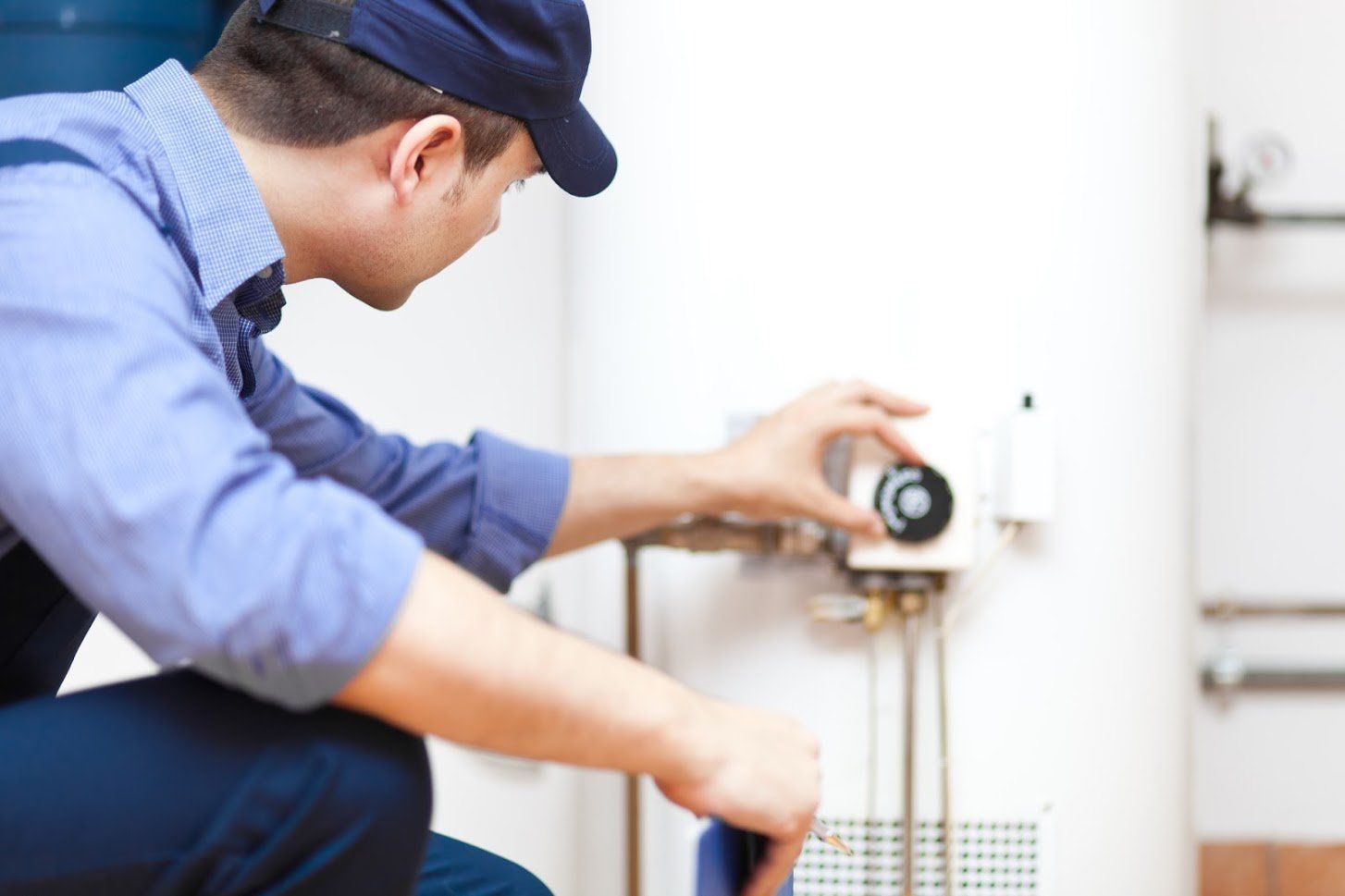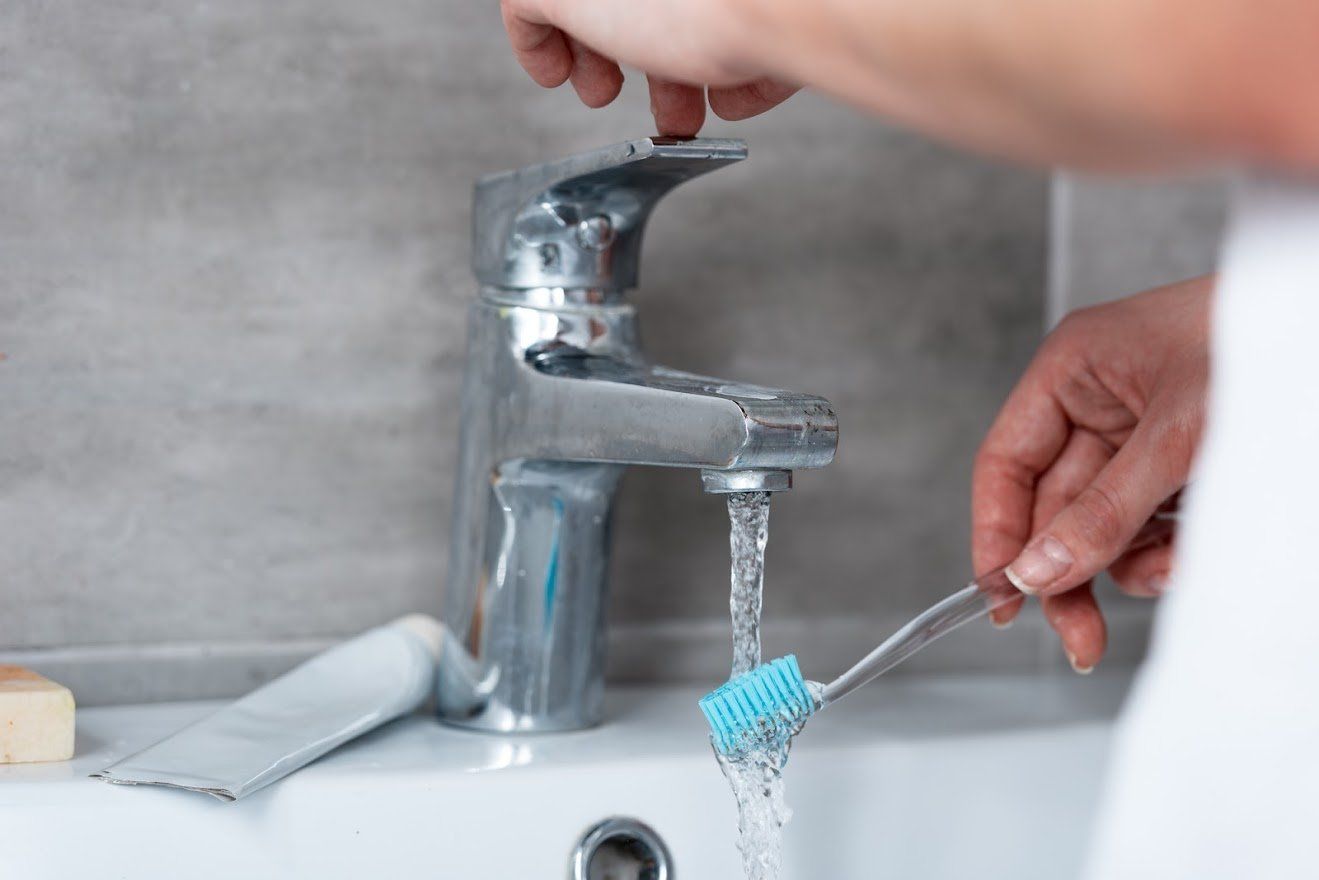5 Water Heater Maintenance Tips
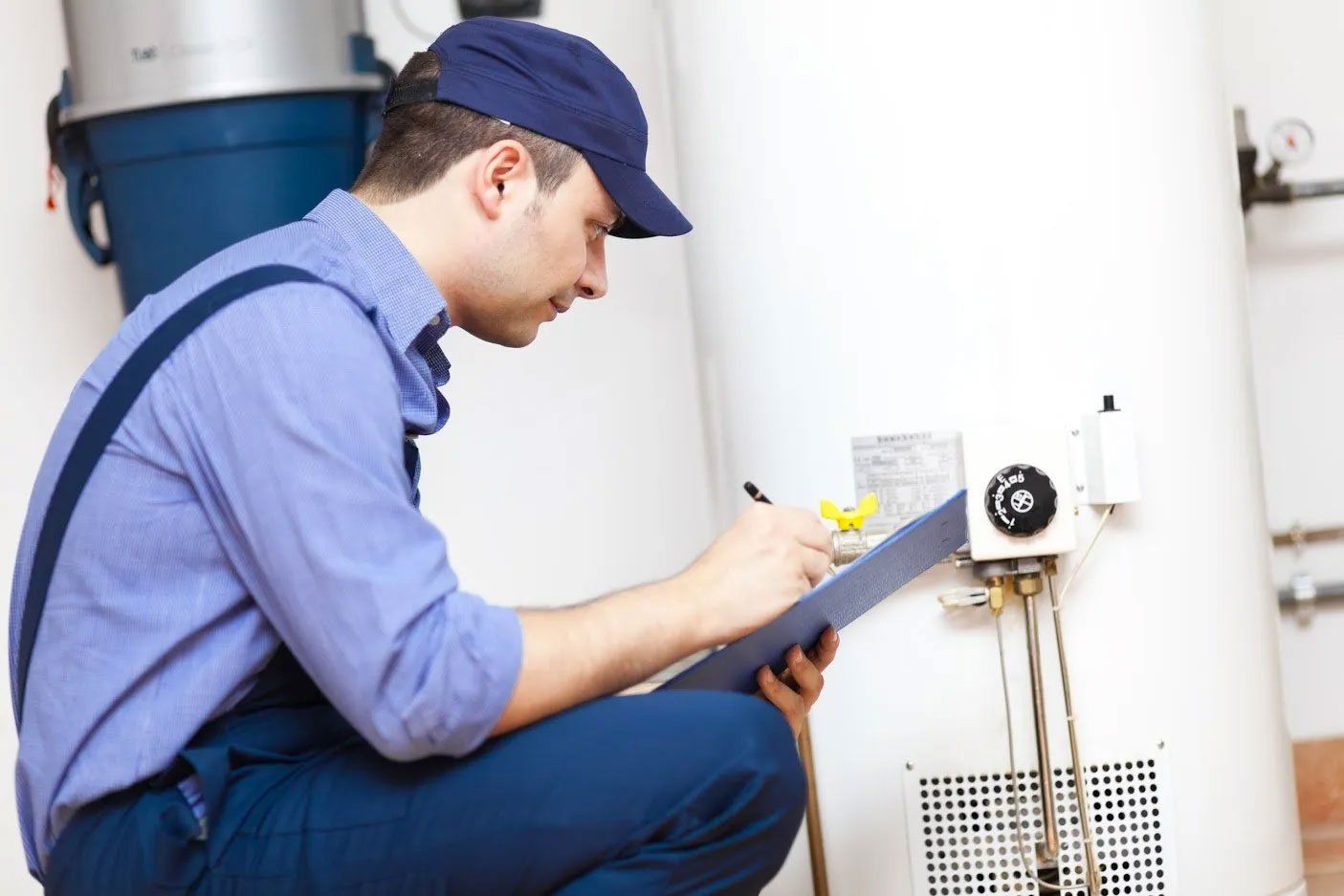
Faulty hot water heaters can cause a huge amount of damage to a home. They're a common cause of leaks and flooding, which is why it is so important to keep your water heater well maintained. Here are five tips that can help you keep your water heater in good condition.
1. Maintain an Appropriate Water Temperature
Hot water systems that include a storage tank should be set to a temperature of at least 60 degrees Celsius to prevent the growth of dangerous Legionella bacteria. However, setting the thermostat too high wastes energy, so aim for a temperature not far above 60 degrees.
If you have a continuous flow hot water system, you can set your thermostat much lower as there is no standing water to present a Legionella risk. For this kind of heating system, set the thermostat no higher than 50 degrees to avoid wasting energy.
2. Test the Temperature and Pressure Relief Valve
The temperature and pressure relief valve ensures that the water inside your heating system is kept at the correct pressure. Too much pressure can cause leaks, while pressure that is too low can prevent your hot water system from working correctly.
To test your temperature and pressure relief valve, place a bucket under the overflow pipe leading from your hot water heater. When you pull the lever, hot water should rush out of the pipe. Plumbers recommend testing the valve with a frequency between once every six months and once every two years.
3. Drain the Tank
If you notice that your hot water system smells bad or has started to become unreliable or inefficient, the cause might be a buildup of sediment in the water tank. To resolve this issue, you need to drain the tank to remove sediment.
If you are confident that you understand how your water heater works, you can drain the tank by connecting a garden hose to the drain valve of the tank and allowing the water to flow out into a drain. Alternatively, contact a local plumber who can drain the tank for you to ensure that all the sediment is removed.
4. Check Regularly For Leaks
Water heaters that have a leak can cause devastation in a family home. To prevent a flood from damaging your furniture and fixtures, check your water tank every few months for leaks. Even small leaks can dramatically increase water bills and may develop into larger leaks if you leave them unresolved.
Water pooled around the base of the tank is an obvious sign of a leak, but you should also look for more subtle signs, such as rust stains. If you think your water heater might have a leak, no matter how small, call a plumber to get it checked out.
5. Schedule a Professional Service
If your water heater is very old, it is a good idea to have a professional plumber inspect it to ensure it works correctly. If you are not sure how old the water heater is, make a note of the model and serial number and give your trusted local plumber a call. They will be able to tell you how old the heater is and whether or not it needs a professional inspection to keep it working safely and efficiently.
S.P.K. Plumbing & Civil are plumbing specialists in Wollongong. We offer a hot water system repair service that can help to keep your hot water system working well. Whether you need help dealing with a leak or simply want us to give your water heater a maintenance checkup, we can help you out. Get in touch with us today.
You might also like
